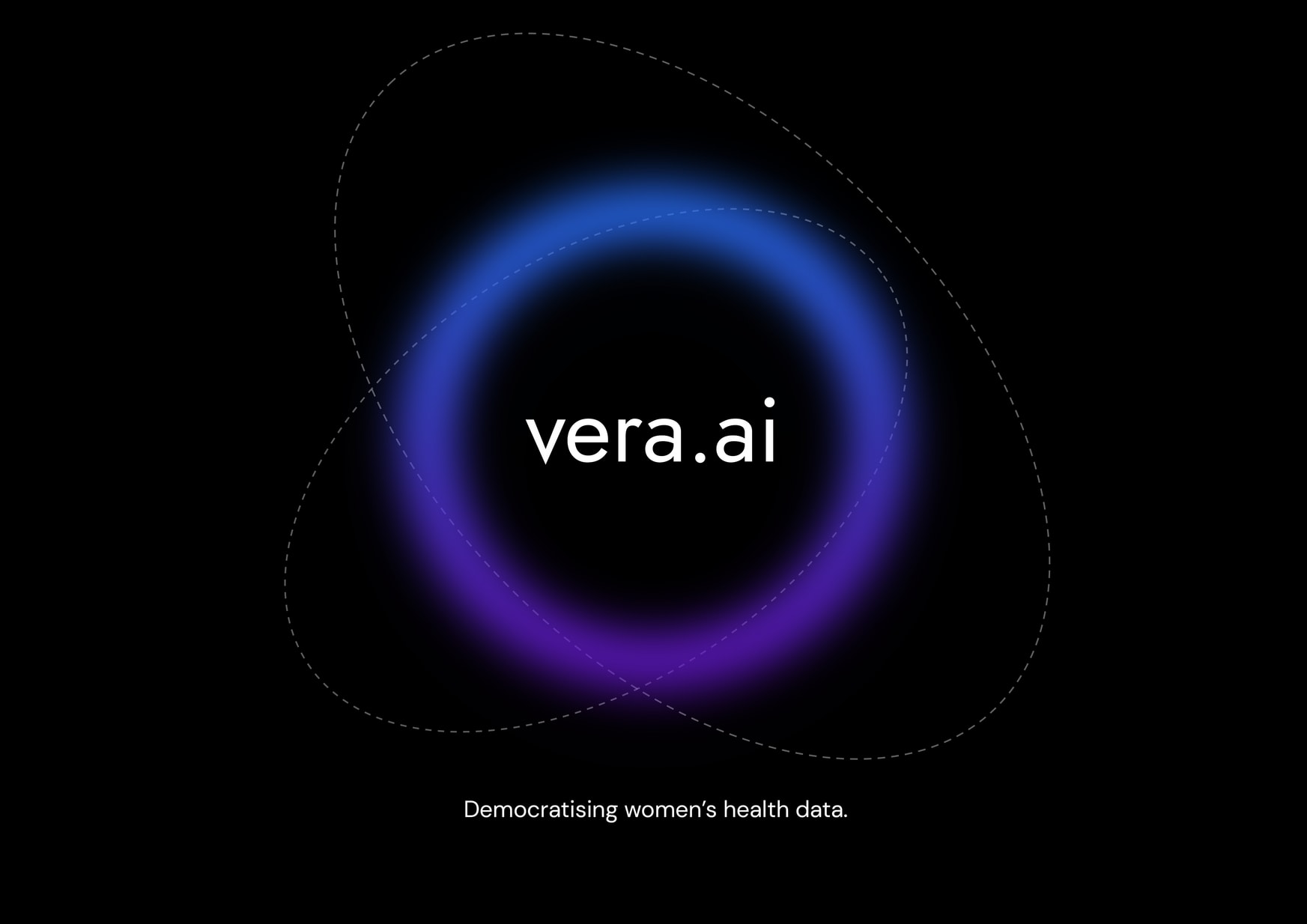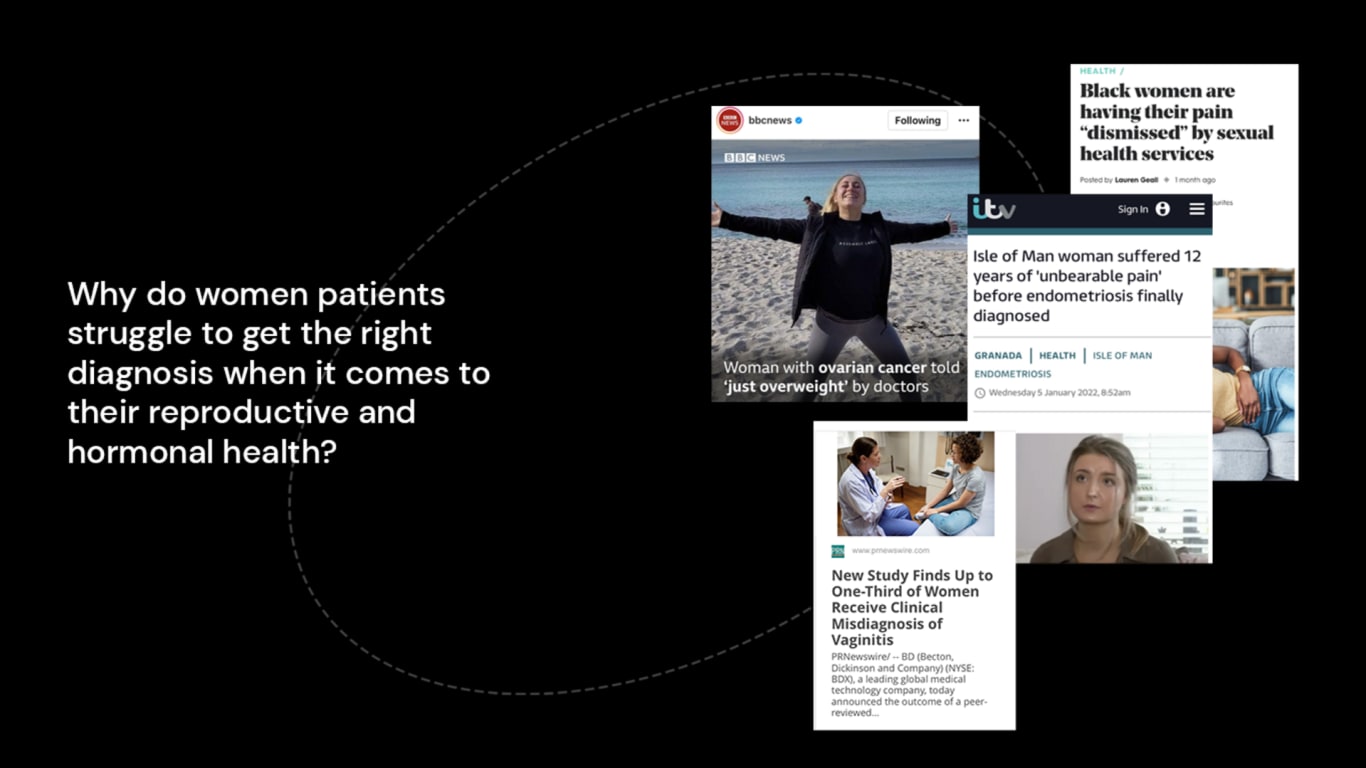On average, women and menstruating persons struggle to get the right diagnosis on time when it comes to their reproductive and hormonal health.
vera is a personal AI virtual health assistant that guides women and menstruating persons throughout their gynaecological and hormonal health journey in a personalised way. Through a patient-centric approach, the aim is to improve patient-doctor communication and develop the ability to understand and communicate personal health data in preparation for consultations.
vera.ai platform is ensuring women agency, patient self-activation and psychological control over their body, as well as education and decision making by democratising women’s health data.










